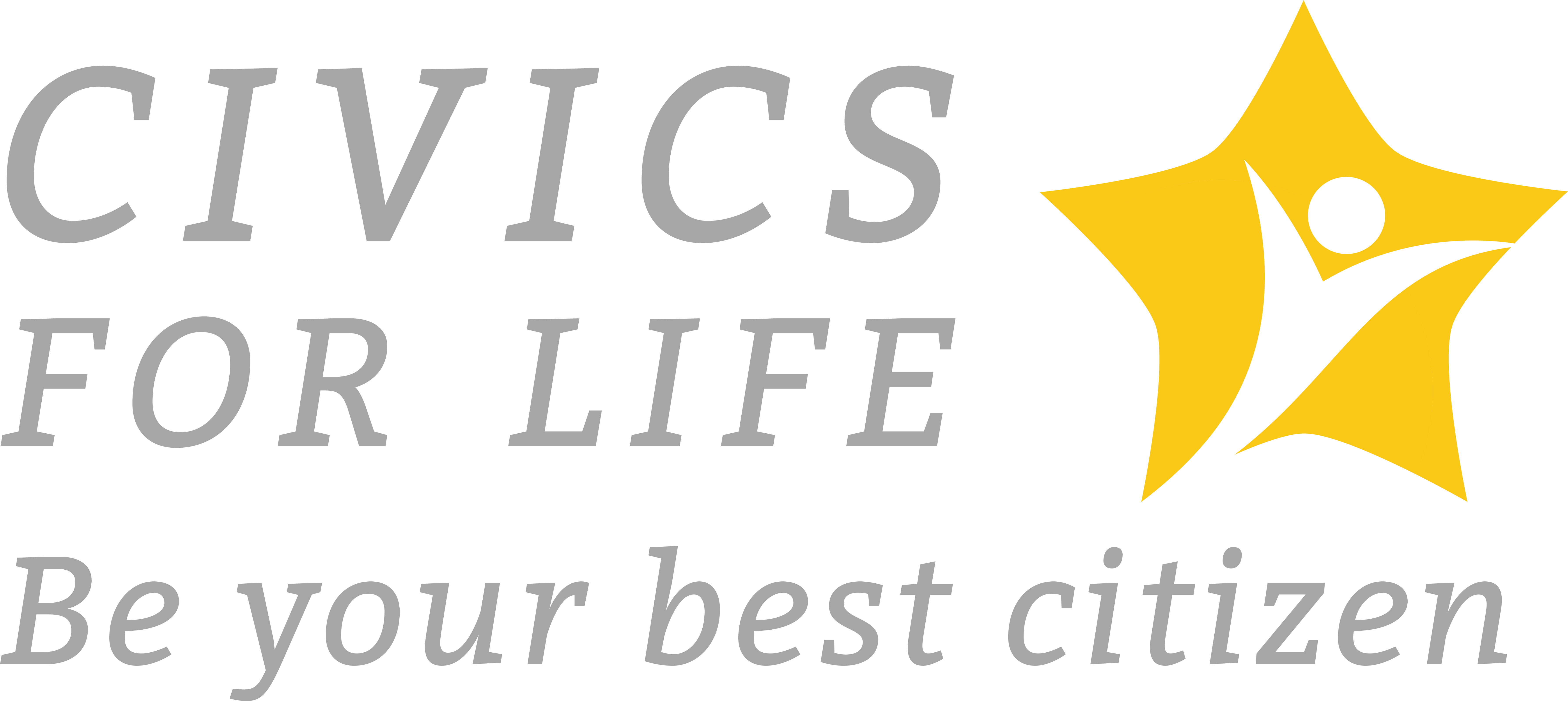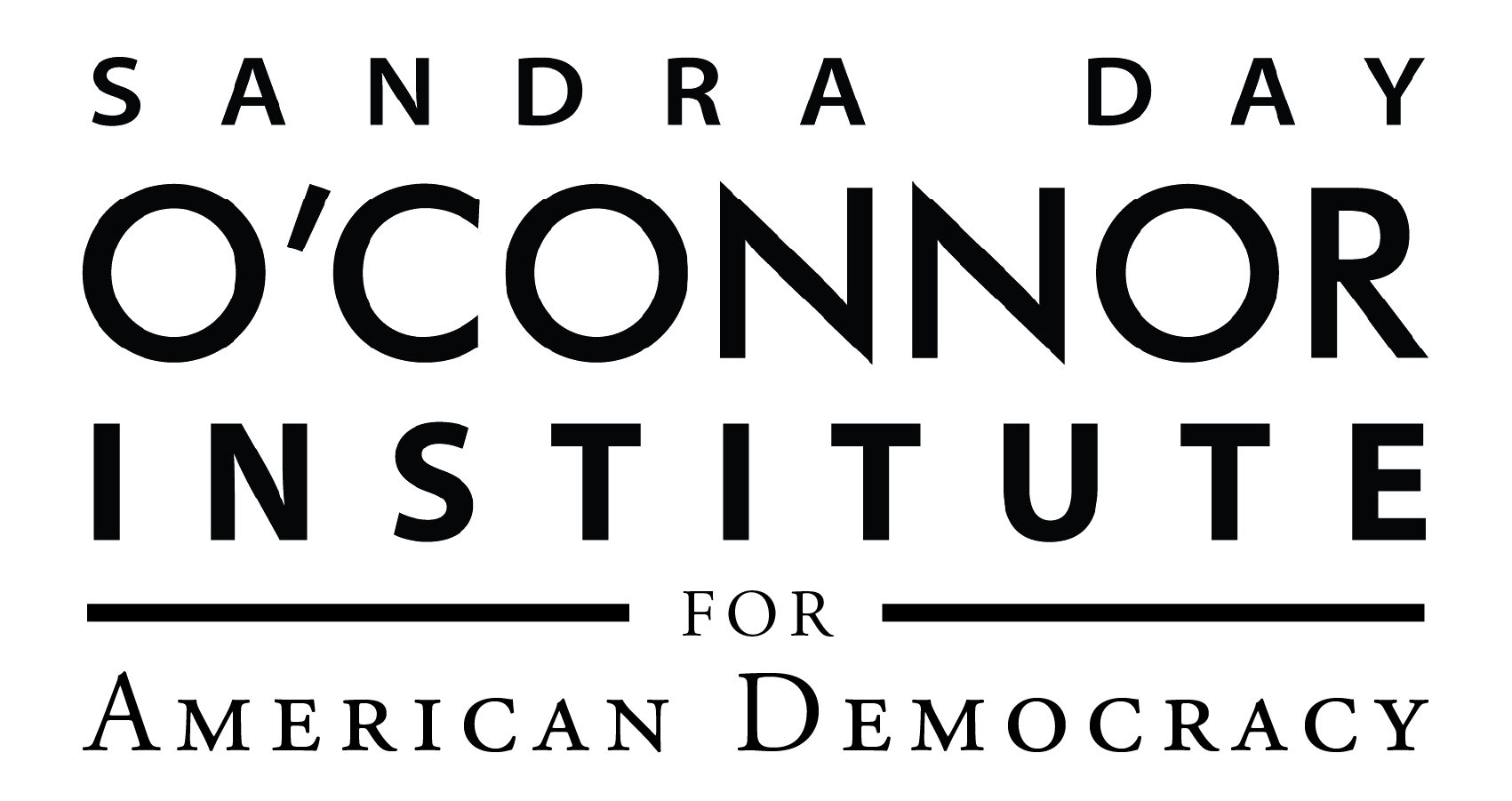What finally made the colonies push for independence?
As the colonies were being settled, there was no intention for them to unite together and form their own country. They acted as their own sovereign nation-states. However, after years of what colonists believed were unfair taxes and continual acts of tyranny toward the colonies by the British, the colonists believed they needed to come together and collectively speak out against Parliament and the king.
The First Continental Congress was held in 1774 in Philadelphia. The primary purpose of this meeting was to plan a united colonial response to British policies seen as tyrannical oppression by colonists. Twelve of the thirteen colonies met at Carpenters Hall in Philadelphia (Georgia was absent) and debated how to respond to the Intolerable Acts. Though there was a push for the colonies to declare their independence from Britain, Congress adopted the Continental Association, an agreement that the colonies would act in unison toward Britain. They agreed to boycott British goods beginning in December 1774 if Parliament did not amend the Intolerable Acts. They further decided to stop exporting materials to Britain in 1775 if the Act was not abolished. Britain’s economy needed many natural resources from the colonies, so the loss of raw materials would have impacted some sectors of the British economy.
The colonies further agreed to support Massachusetts militarily if it was attacked by the British. The Continental Association achieved what Benjamin Franklin tried to do in 1754 with the Albany Plan by bringing the colonies together with a unified voice and for the common defense of all colonial territories.
The colonies did not have to wait long for their pledge of a common defense to be challenged. On April 19, 1775, British forces tried to capture colonial guns and ammunition stored in Concord, Massachusetts, but they were met by colonial minutemen who had been alerted to their intentions. Minutemen were local militia members ready to fight at a minute’s notice. This encounter became known as the Battle of Lexington and Concord, or the “shot heard round the world,” because it was the first battle of the American Revolution. The battle was regarded as George III’s response to the colonies’ demand for r the Intolerable Acts to be rescinded.

Image Courtesy of the New York Public Library
The British were forced to retreat, and the colonists kept their guns and ammunition. The creation of the Continental Association and the Battle of Lexington and Concord helped to further distance the colonies from Britain while pulling the colonies closer together.
Soon after the battle, delegates from all thirteen colonies met in Philadelphia for what became known as the Second Continental Congress. It was clear that George III was unwilling to hear their requests. Thus, the Second Continental Congress created the Continental Army because, to that point, all colonial defense had been led by minutemen and the local militia. If the colonies were going to fight the British, they needed professional soldiers. They named George Washington as the commander of the Continental Army because of his previous experience in the French and Indian War.
Despite all the preparations for war, the Continental Congress decided to try one last time to reconcile their differences with the king and rebuild the colonies’ relationship with Britain.
Approved on July 5, 1775, the Olive Branch Petition was the final attempt to avoid war with Britain. The petition affirmed colonial loyalty to the British Crown and ruler, King George III, but also stated colonial grievances in hopes that the king would address them and not continue to use armed forces against the colonies and his subjects. However, George III refused to consider the petition, showing that the only option left for the Continental Congress was to push for independence. But for independence to be successful, the Continental Congress needed to convince more colonists to agree with the movement.
At the same time, the Second Continental Congress was preparing the Olive Branch Petition, a movement for total independence of the colonies was growing among the colonists. In Common Sense, Thomas Paine argued for American independence from British rule. Paine wrote from the perspective of an American colonist and advocated for a complete break from the British monarchy and government. He argued that the British government was corrupt and that the colonies would be better off governing themselves. Paine’s Common Sense was a bestseller before there were bestsellers. Three months after its publication, most colonists had read all or parts of Paine’s text as many sections were reprinted in newspapers throughout the colonies.

Thomas Paine, Auguste Millière, Public domain, via Wikimedia Commons
The importance of Thomas Paine’s Common Sense cannot be emphasized enough because it helped to inspire reluctant colonists to join the independence movement. Paine argued in plain language that the colonies should break away from Britain and become their own independent country.
With new public support for independence, the Second Continental Congress formed the Committee of Five to draft a formal document of independence. The committee was composed of Thomas Jefferson, John Adams, Benjamin Franklin, Roger Sherman, and Robert R. Livingston. The committee based its document, the Declaration of Independence, on two resolutions: the Halifax Resolution from North Carolina and the Lee Resolution from Virginia, both of which called for the colonies’ independence from Britain.

